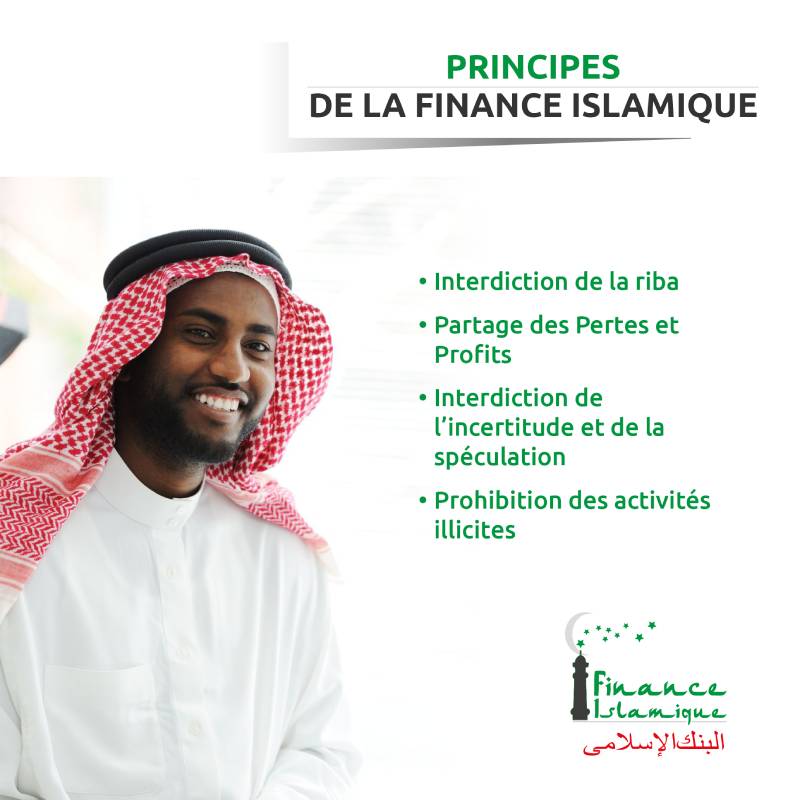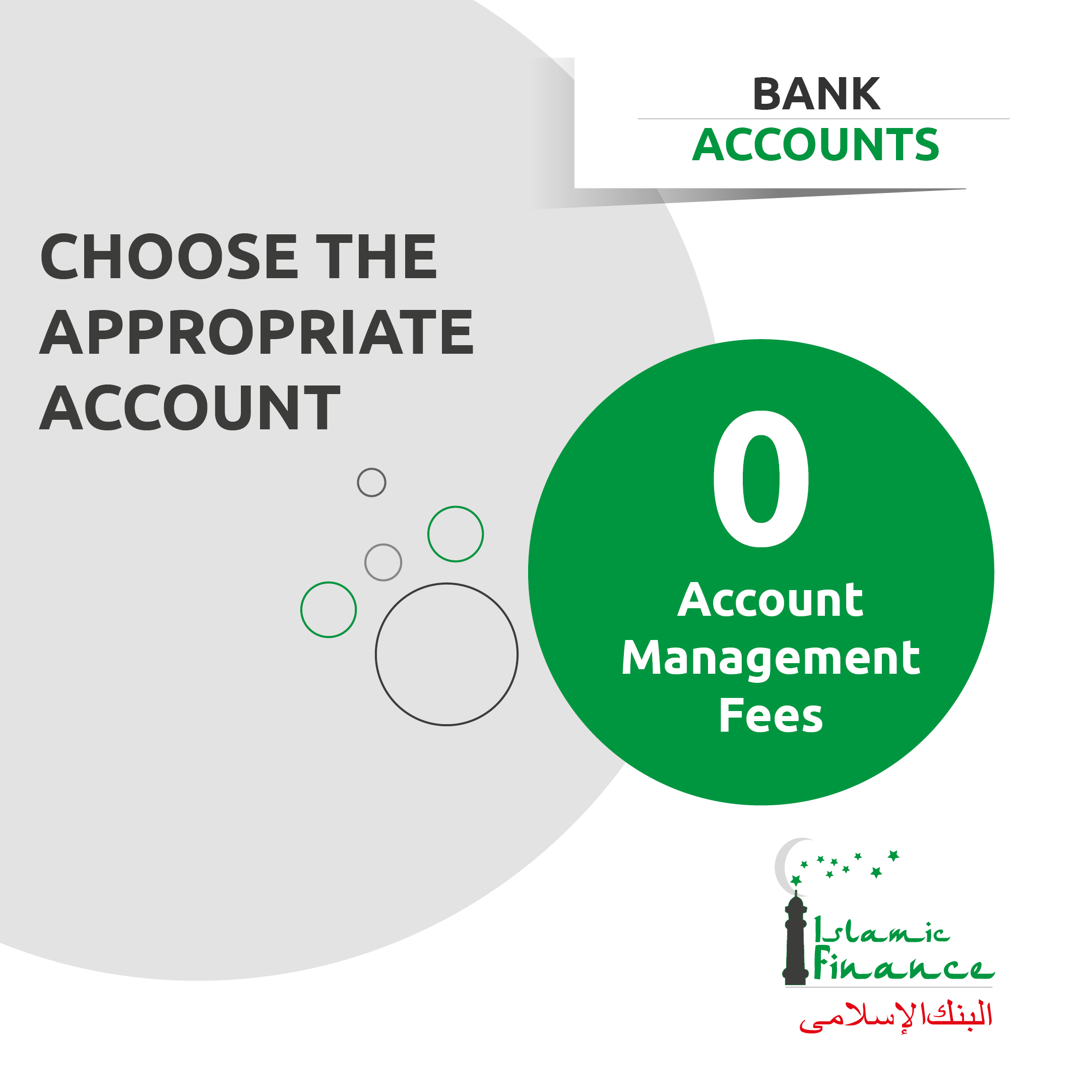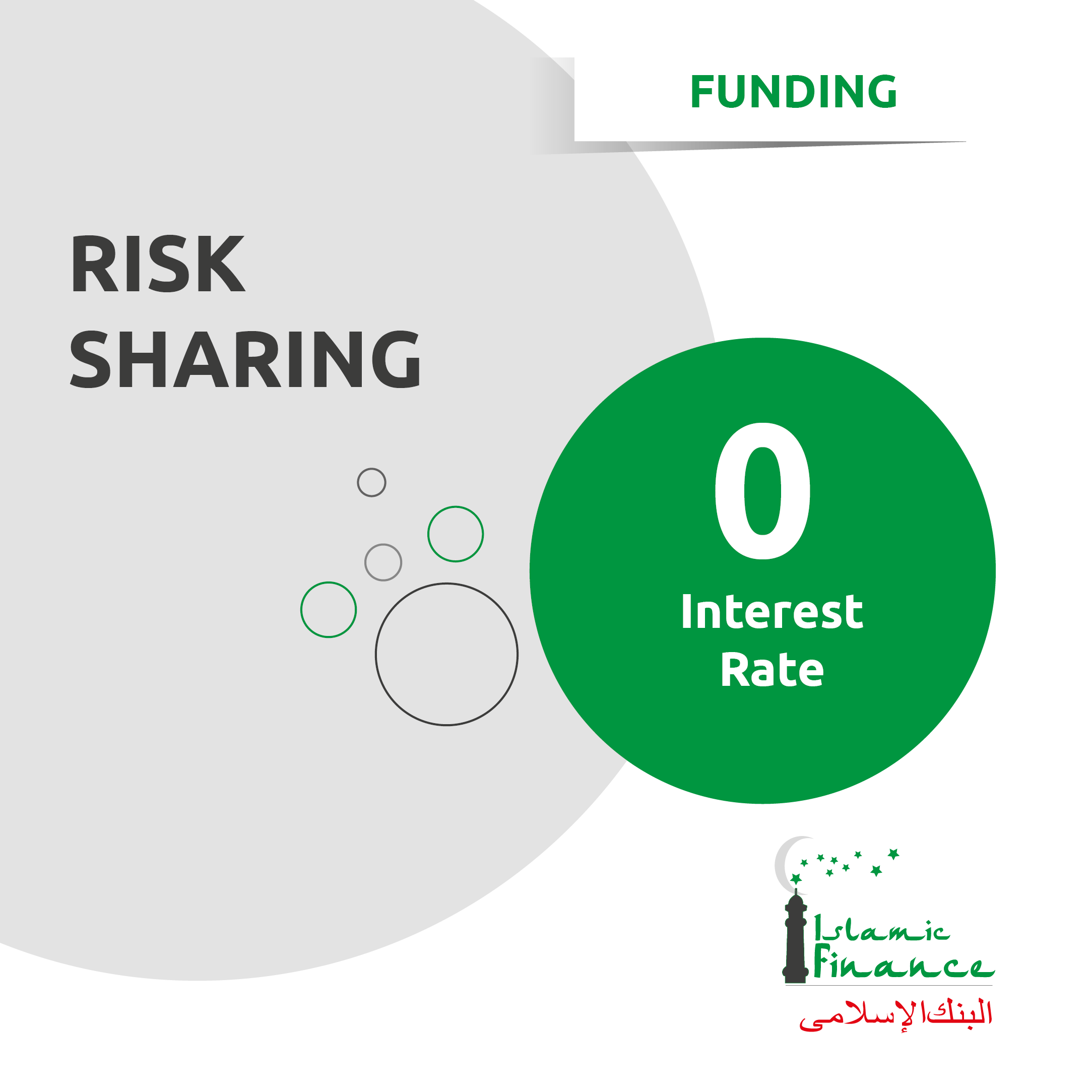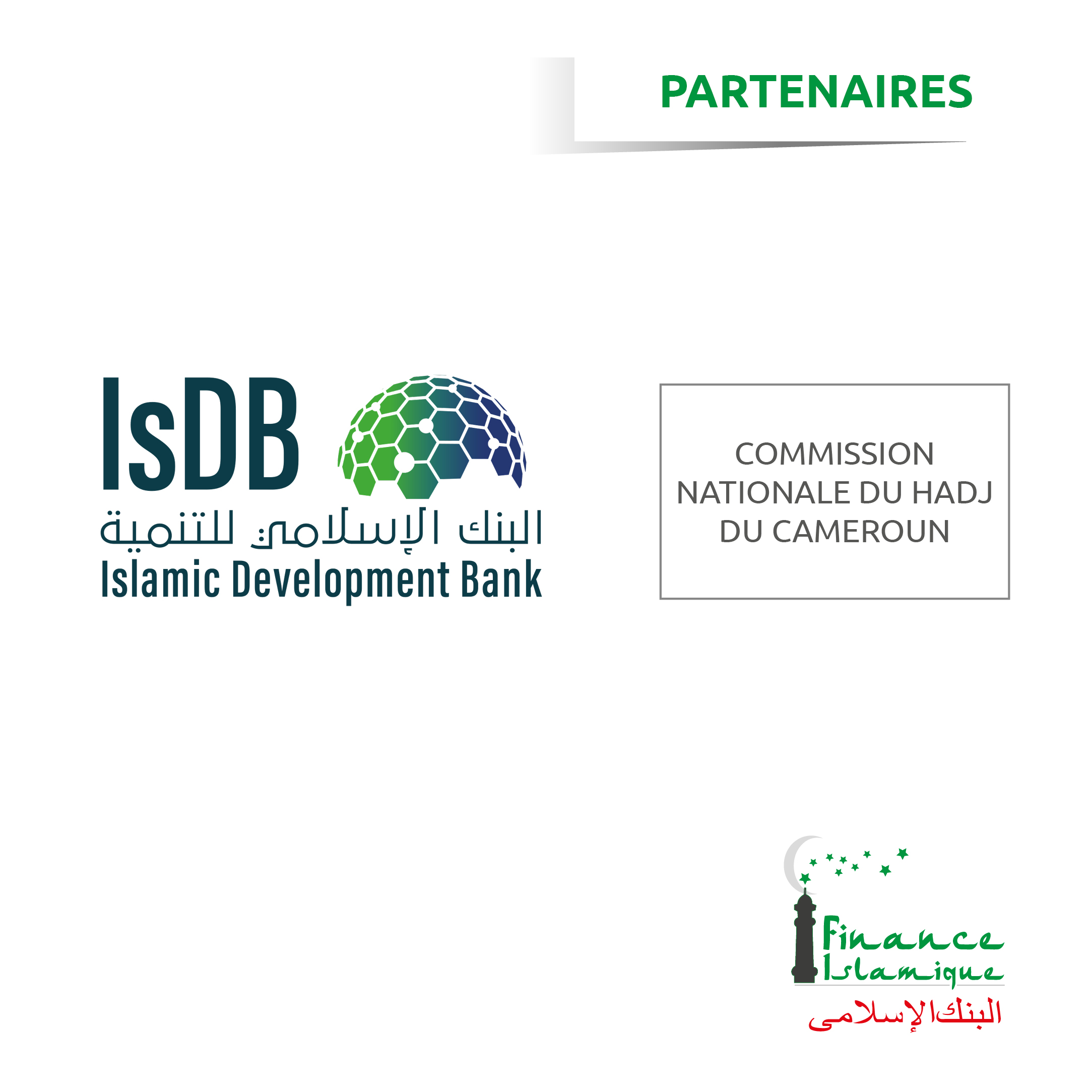



Digital Way To Bank
Market Tools
Stay Together
 Islamic Finance at a Glance
Islamic Finance at a Glance
Islamic Finance appeared a few years ago in Central Africa, particularly in Cameroon as a new financial system whose conceptualisation is built around the integration of the ethical dimension in financial dynamics.
First Bank was the first banking institution in Cameroon and Central Africa to initiate the Islamic Finance project in 2014. One of the fundamental principles of Islamic Finance is the separation of Islamic Banking activities from those of conventional banking.
This alternative approach to finance based on respect for the CHARIA, also known as Islamic law, draws their main sources from the Koran (the holy book of Muslims) and the Sunna (a collection of the traditions and sayings of the Prophet Mohamed). Nevertheless Islamic Finance is a Universal Finance intended for all faiths.
Those sources lay down the following principles:
- The prohibition of riba or interest: In Islam, collection of interest and the practice of usury are jointly referred to as riba, although the former refers to 'the amount one pays for the use of money' and the latter to 'an offence committed by one who lends money at an excessive rate'.
- The principle of Sharing Losses and Profits (PPP/3P): this is a reflection of the values that Islam transmits: justice, social equality, and brotherhood.
- The prohibition of uncertainty and speculation (Gharar and Maysir). The term Gharar literally means uncertainty, chance, and its prohibition is expressed in the following terms: a Muslim must do everything possible to ensure that no conflict or tension arises from his/her actions. For this reason, he/she should not carry out bay'oul Gharar (purchase with uncertainty) where the transaction involves a significant amount of ambiguity, uncertainty and chance regarding the characteristics of the good being exchanged: its price, size, colour, delivery date, due dates and repayment amounts.
- Prohibition of illicit activities (haram): the Islamic financial system prohibits any investment in certain activities considered illicit, such as distilleries, the pornographic industry, gambling, pork butcheries, weapons, etc.
In Islamic finance, the bank is more than a fund provider, it is a partner who assumes the same positive and negative consequences that may arise from investments.
Finally, because Islamic banking relies on the real economy, it ensures resilience against external shocks.
 Islamic Corporate Current Account
Islamic Corporate Current Account
The Islamic Corporate Current Account allows you to carry out your banking operations (among others withdrawals, payments, transfers, cheque remittances), in keeping with Islamic law.
Advantages
- Shariah-Compliant ;
- A Cheque Booklet and a Bank Domiciliation Certificate ;
- Negotiate your minimum deposit at opening
- No restriction on your banking transactions
- Access to Afriland First Bank's financing
- Protection from financial crisis
Requirements
- Location Map of the Company with the Certifcation of the Tax Office
- Financial statements of the last two years in case the company is in duty ;
- Certificate of non-bankruptcy if the company is in duty
- Bank Account Application using Company letterhead;
- Notarised statues
- Copy of Certification of Incorporation of limited liability companies
- Certified Copy of valid tax Payer’s Card from the Tax Office
- Certified Copy of valid Certifcate of non-indebtedness from the Tax Office
And for each of the signatories :
- 01 photocopy of the valid National Identity Card or resident's card;
- 01 4x4 color picture;
- 01 Location Map ;
- Photocopy of ENEO/CAMWATER/CAMTEL invoice not older than three months ;
 Islamic Personal Current Account
Islamic Personal Current Account
It allows individual customers the possibility of domiciling their income and carrying out a wide range of banking operations (e.g. withdrawals, deposits, transfers, cheque writing) in keeping with Islamic law.
Advantages
- Shariah-Compliant ;
- A Cheque Booklet and a Bank Domiciliation Certificate ;
- No restriction on your banking transactions
- Access to Afriland First Bank's financing
- Protection from financial crisis
- Domicile your income (salary, pension, etc.) ;
- Subscribe a Package including a bank card ;
- Negociate your Initial Deposit
- Thanks to the digital services of your package, consult and manage your account remotely, at any time, with or without internet.
Specificities
- Maintenance fee-free
- Non-interest bearing
- Compliant with Islamic financing for individuals
Requirements
- 01 photocopy of the valid National Identity Card or resident's card;
- 01 4x4 color picture;
- 01 Location Map ;
- Income Attestation
- Photocopy of ENEO/CAMWATER/CAMTEL invoice not older than three months ;
- Taxpayer Identification number (TIN) from the Tax Office
Initial desposit : XAF 50,000
 Islamic Deposit Account (IDA)
Islamic Deposit Account (IDA)
You have the right to recover your deposit partially or totally at any time, without charge or increase in your deposit.
The account offers security and allows you to build up savings.
Advantages
- Save freely in accordance with Islamic law;
- Secure your savings;
- Have your money at your disposal 24 hours a day with no limit on the amount.
Conditions
- 01 photocopy of the ID card or passport;
- 01 4x4 color picture;
- 01 location map;
- A Proof of income (pay slips in case of salaried activity or taxpayer's card);
- Photocopy of the ENEO/CAMWATER/CAMTEL bill not older than three months ;
Initial deposit : XAF 25 000
 Pilgrimage Savings Account (PSA)
Pilgrimage Savings Account (PSA)
This account allows you to build up savings in a progressive and secure manner with a view to making your pilgrimage to Mecca.
Advantage
It enables you to build up the savings required to perform the religious duty.
Conditions
- 01 photocopy of a valid national identity card or resident card;
- 01 4x4 color picture;
- 01 map showing the location of the residence;
- Proof of income (pay slips in case of salaried activity or taxpayer's card);
- Photocopy of SONEL/SNEC/CAMTEL invoice less than three months old;
- Certificate of registration
Minimum payment : XAF 15 000
 Investment Account
Investment Account
This account is based on the principle of profit and loss sharing.
Your assets are invested in legal & Shariah-compliant projects with a minimum duration of three months.
It allows you to take advantage of our Islamic finance experts who will hold your hand and direct your investments towards high potential sectors, while enjoying a halal remuneration.
Protect your savings by making them inaccessible for a period of time that you have previously defined.
Keep your savings confidential.
 Our Financing Philosophy
Our Financing Philosophy
Lending is a mainstay of conventional banking, with banks borrowing from depositors and lending to those who need finance. Conventional banks make margins on the difference between the lower interest rate paid on deposits and the higher interest rate charged to borrowers. In contrast, Islamic banks are not allowed to pay or receive interest. Sharia-compliant banks do not lend and use other operations - sales, leasing, and partnership-based instruments - to make margins. Our Islamic banking window operates in the real world. To meet real needs, it provides its clients with forms of financing that comply with AAOIFI standards.
 Our Business Financing Offer
Our Business Financing Offer
The Murabaha : It is a sales contract where the cost and profit margin are disclosed to the buyer. Murabahah is generally considered a cost plus transaction, with the bank informing the client of the exact cost and the amount of the mark-up. In practice, this method of financing is used for the acquisition of any tangible asset with a legal market value such as a car, a building, machinery, stocks of raw materials and finished and semi-finished goods. The bank buys an underlying asset and then sells it on. There is therefore an exchange of an asset and money, unlike a loan which implies an exchange of money for money.
The Salam : It is a sales contract with deferred delivery of the goods. The Salam is an exception to the general Shariah rule that applies in the case of a sale because the seller is allowed to sell on a forward basis, which means that the object of the sale does not exist at the time it is concluded. The Prophet allowed farmers to sell an unharvested agricultural product on a forward basis, with the buyer paying the full price on day one and the parties agreeing on the quantity to be delivered and the time of delivery. The farmers could then use the money paid as capital to start cultivating. On the due date, the farmer would deliver the agreed quantity of produce to the buyer.
The Istisna : It is an extension of the Salam concept. Salam is only for goods for which full payment must be made in advance, whereas istisna is a contract for the construction or manufacture of unique goods (according to a specific specification). It is similar to salam in that it is used to finance goods that do not yet exist; but it does not require full payment in advance (payment terms are more flexible). For example, an SME wishes to acquire tank cars for its fuel transport business. The following steps will be followed:
1. The SME contacts the Islamic bank to request financing for the acquisition and manufacture of the wagons.
2. The SME buys the tank cars to be built from the Islamic bank (Istisna contract). The SME pays the purchase price to the bank (cost of the tank cars plus profit margin charged by the bank).
3. Of course, the bank is not in a position to build the tank wagons and therefore places an order with a manufacturer.
 Our Leasing Financing Offer
Our Leasing Financing Offer
The Ijarah : It is a lease agreement. An asset is acquired by the bank from a supplier. The bank leases it to the entrepreneur and the lease cost plus margin is spread over the lease period. The Wa Iktina option allows the entrepreneur to acquire the leased object at the end of the lease.
Example of ijarah financing
NEW Transport SARL is seeking to expand its distribution network and wishes to invest in new delivery lorries. Instead of committing a significant amount of money to the purchase of new lorries, the company decides instead to lease them from Afriland First Bank's Islamic banking window under an ijarah contract. Afriland First Bank Islamic Finance provides two lorries to NEW Transport SARL for a monthly rental fee. Afriland First Bank Islamic Finance maintains ownership of the lorries throughout the rental period. At the end of the lease, there are four options:
- Extending the lease contract
- NEW Transport SARL purchases the lorries from Afriland First Bank Islamic Finance
- Afriland First Bank Islamic Finance gifts the asset to the customer
- NEW Transport SARL returns the lorries to Afriland First Bank Islamic Finance
Our Islamic finance network has 3 branches:
- Yaounde, located opposite the College de la Retraite
- Douala, located in our First Bank branch in Bonanjo
- Garoua, located in our First Bank branch
Signing of the technical assistance agreement with the ICD for the creation of an Islamic window in Afriland First Bank ;
Official launching of the Islamic Finance Window;
Official opening of the Yaounde Islamic Finance Window;
Disbursement of the €15 million ICD line of credit in favour of AFRILAND Cameroon;
Disbursement of the €45 million line of credit in favour of AFRILAND FIRST GROUP;
Official launching of the Douala Islamic Finance Window;
Official launching of the Garoua Islamic Finance Window;
Disbursement of the €40million ICD / BADEA line of credit in favour of AFRILAND Cameroon;
Disbursement of the €15million (ICD) line of credit in favour of AFRILAND Cameroon;

1/ The Islamic Corporation for the Development of the Private Sector (ICD)
The Islamic Corporation for the Development of the Private Sector (ICD) is a multilateral development financial institution and is part of the Islamic Development Bank (IsDB) Group. ICD was established in November 1999 to support the economic development of its member countries through the provision of finance for private sector projects, promoting competition and entrepreneurship, providing advisory services to the governments and private companies and encouraging cross border investments.
2/ The Arab Bank for Economic Development in Africa (BADEA)
It was established pursuant to the resolution of the 6th Arab Summit Conference at Algiers (28th November 1973). The Bank began operations in March 1975. BADEA is a financial institution owned by eighteen Arab countries members of the League of Arab States (LAS) which signed its Establishing Agreement in 18th February 1974. The Bank is an independent International Institution enjoying full international legal status and complete autonomy in administrative and financial matters. It is governed by the provisions of its Establishing Agreement and the principles of international law.
The Bank was created for the purpose of strengthening economic, financial and technical cooperation between the Arab and African regions and for the embodiment of Arab-African solidarity on foundations of equality and friendship. To achieve this end, the Bank was given a mandate to:
- Participate in financing economic development in African countries
- Stimulate the contribution of Arab capital to African development
- Help provide the technical assistance required for the development of Africa.
3/ The Islamic Trade Finance Corporation (ITFC)
The International Islamic Trade Finance Corporation (ITFC) is a member of the Islamic Development Bank (IsDB) Group. It was established with the primary objective of advancing trade among Organization of Islamic Cooperation (OIC) member countries, which would ultimately contribute to the overarching goal of improving the socio-economic conditions of the people across the world.
He is become a catalyst for trade development for OIC member countries and beyond, the Corporation helps entities in member countries gain better access to trade finance and provides them with trade-related technical assistance Programs, which would enable them to have the necessary tools to successfully compete in the global market.
4/ The Cameroon National Hadj Commission
The First Bank, through the Specialised Finance Department, is the technical and financial body that assists the State of Cameroon through a One-Stop-Shop Agreement and has been accompanying Cameroonian pilgrims to Saudi Arabia for over 15 years.

